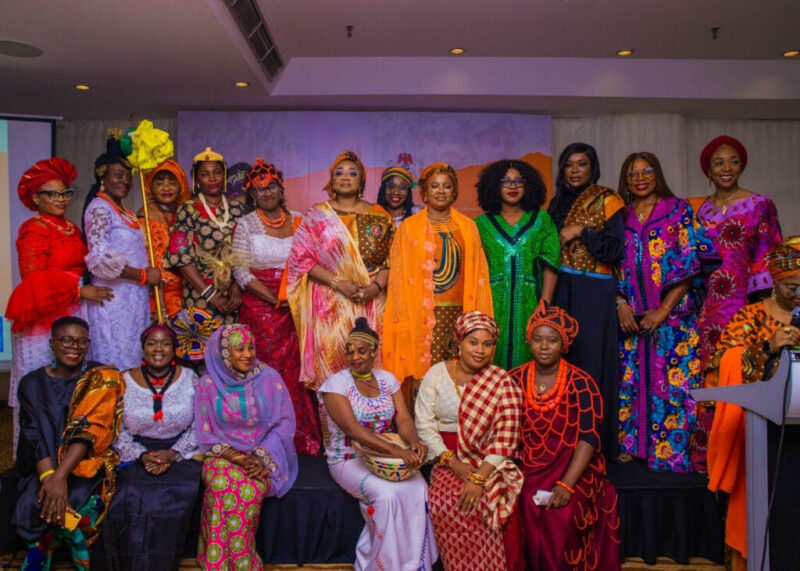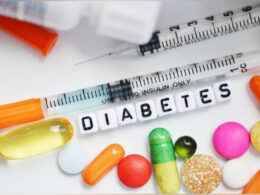Minister of Women Affairs Unveils Vision for Gender Equality and Women Empowerment.
In Abuja, at a high-level stakeholders’ event themed “Collaborative Pathways to Gender Equality and Women’s Empowerment Roadmap”, the Minister of Women Affairs, Imaan Suleiman-Ibrahim, unveiled an ambitious four-year plan focused on advancing gender equality and empowering women in Nigeria.
The event brought together key stakeholders, including ministries, departments, agencies (MDAs), development partners, and international organizations, to foster collaboration in addressing gender disparities across the country.
The minister highlighted critical challenges obstructing progress toward gender equality. Among these are maternal mortality, with a rate of 1,047 deaths per 100,000 live births (WHO, 2023), and gender-based violence, where 1 in 4 girls faces sexual abuse before age 18, and 33% of women aged 15–49 experience physical violence (NDHS, 2018).
She also pointed out gaps in political representation, with only 3.6% of parliamentary seats held by women, and economic barriers, where 41% of women-led MSMEs struggle to access markets and financing. Additionally, 67.8% of households still rely on firewood for cooking, posing severe health risks (NBS, 2024).
To tackle these issues, the roadmap outlines bold initiatives:
- Provision of menstrual hygiene products and education for 10 million girls and women.
- Economic empowerment programs targeting 10 million women, contributing to a $1 trillion economy goal.
- Psychosocial and legal support for 200,000 survivors of gender-based violence annually.
- Enrolment of 2 million out-of-school children, with a focus on girls, into safe learning environments.
- Training of 1 million female smallholder farmers in climate-resilient agriculture.
- Transition of 1 million households to clean and sustainable cooking energy.
- Reduction of maternal mortality by 20%, including the establishment of six specialist hospitals for women’s and children’s health.
- Deployment of 50,000 social workers and caregivers to support vulnerable families.
The Minister called for unified action from local and international partners to mobilize resources and implement sustainable solutions. She stressed:
“This roadmap is a shared vision for a Nigeria where women and children can survive, thrive, and prosper. Together, we can create a legacy of empowerment and equity for generations to come.”
Gabriel Aduda, Permanent Secretary in the ministry, described the roadmap as a strategic blueprint with actionable steps to dismantle systemic barriers against women and girls.
Representatives from global organizations also shared their support. Elsie Attauah, the UNDP Country Representative, remarked:
“Gender equality is not just a fundamental human right; it is also a precondition for sustainable development, peace, and prosperity.”
The UN Women Representative, Beatrice Eyong, noted that gender-based violence costs Nigeria an estimated 1.5% of its GDP, underscoring the urgency of addressing the issue for economic progress.










Join our Channel...